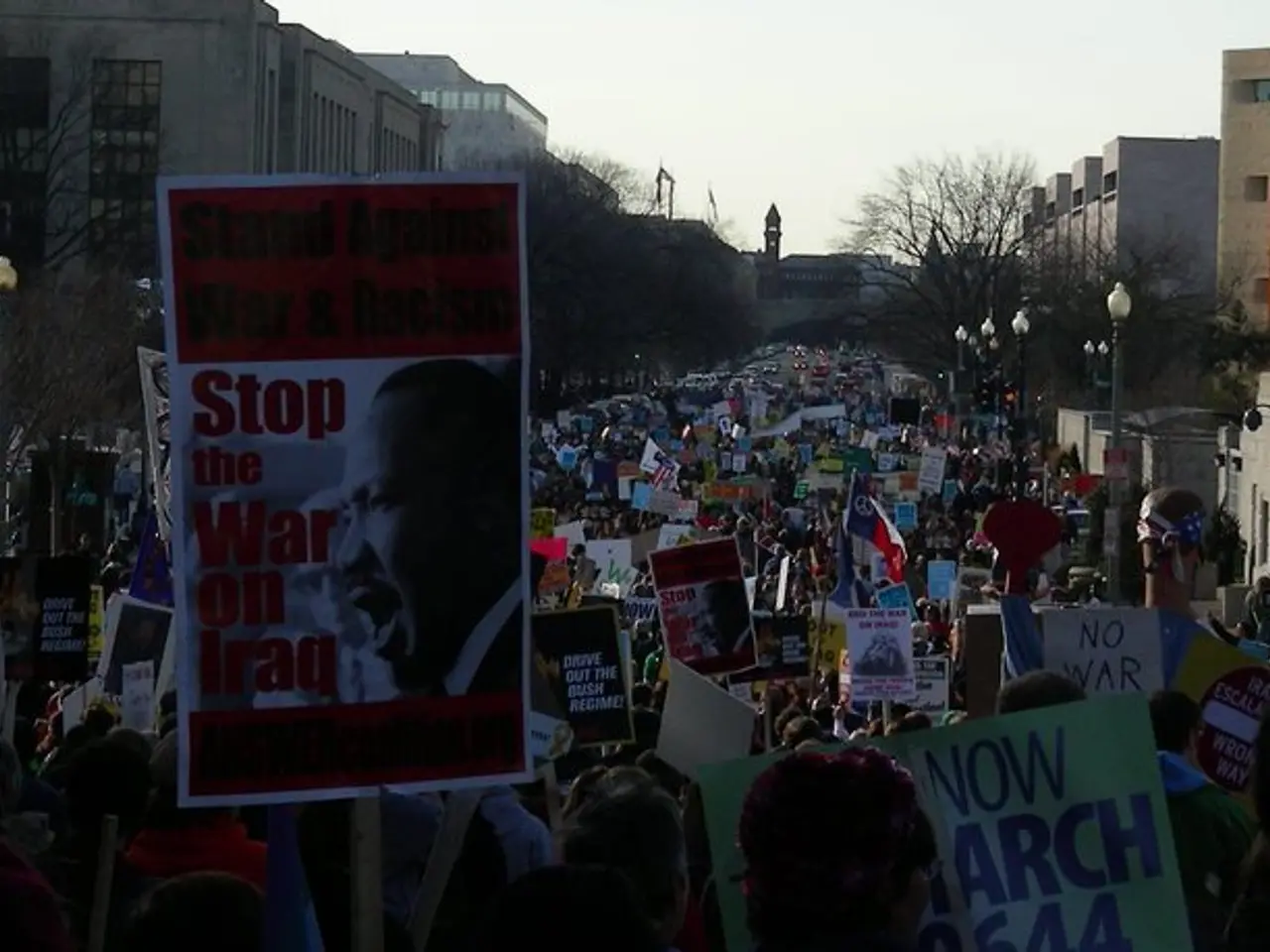Latin American Corruption Study Day: Arenas, Actors, and Circulations: Protests against Corruption
In a significant academic event, scholars from various institutions will gather to discuss the dynamics and impact of anti-corruption movements in Latin America. Gilles Favarel-Garrigues (Sciences Po, CERI, CNRS) will moderate the discussion, with contributions from researchers in Argentina, Brazil, Colombia, Mexico, Peru, Uruguay, and Venezuela.
Fernanda Odilla (University of Bologna) will focus on bottom-up initiatives and anti-corruption technologies, examining scandals, mobilization, and innovation in Brazil and Uruguay. Adriana Urrutia (Université de Californie, Irvine) will delve into the institutionalization of corruption in Peru and its effect on citizen mobilizations. Romain Busnel (CNRS-CREDA Paris III) and Hélène Combes (Sciences Po, CERI, CNRS) will present on journalists and experts mobilized against corruption in Mexico.
These contributions highlight different national configurations, actors, and temporalities but share an interest in how the studied mobilizations transcend their emergence to align with a plurality of arenas under the action of intermediaries occupying positions at the intersection of different sites.
The cross-border dynamics and regional diffusion of anti-corruption movements in Latin America involve the interaction, transfer, and adaptation of anti-corruption ideas, strategies, and actors across countries in the region. This includes knowledge transfer and adopting governance practices intended to enhance transparency and public accountability, often influenced by multilateral efforts and comparative learning among states.
In Argentina, the rise of political outsiders like President Javier Milei, who adopts anti-establishment rhetoric, reflects a broader phenomenon where anti-corruption sentiment aligns with challenges to traditional parties. Brazil's recent legislative proposals, such as PL 2768/2022, integrate anti-corruption goals with broader ambitions for social equity and competition, demonstrating how anti-corruption agendas are embedded within wider political and economic reforms.
Anti-corruption activism also involves civil society mobilization and diasporic influences. Diaspora communities engage transnationally, contributing to pressure on governments and diffusion of democratic accountability norms. Paca Zuleta (Universidad de Los Andes) will present on whether corruption is enough to mobilize the Latin American population.
Countries like Venezuela and Uruguay have different dynamics based on regime type and civil society strength. For example, in Venezuela, authoritarianism and state capture affect the capacity for anti-corruption movements, whereas Uruguay’s more stable democratic governance fosters more institutionalized anti-corruption efforts.
Marie-Hélène Sa Vilas Boas (Université Côte d'Azur) will examine the legal categories and ordinary judgments regarding the Lava Jato case in Brazil. Sebastian Pereyra (CONICET - EIDAES/Universidad Nacional de San Martín) will present on professional denouncers and public opinion mobilization in the 'Contrabando de armas' case, Argentina, 1995.
In conclusion, Hélène Combes (Sciences Po, CERI, CNRS) will summarize the findings of the study day, emphasizing the need for a double de-compartmentalization, both of sub-disciplines and object constructions, to better understand the political consequences of corruption and economic favoritism in Latin America. A rich academic literature has been dedicated to this topic, and this study day invites a deeper exploration of its complex regional dynamics.
The academic discussion will delve into the intersection of anti-corruption movements with medical-conditions, politics, and general-news, as scholars examine the role of scandals, civil society mobilization, and diasporic influences in shaping these movements. For instance, Marie-Hélène Sa Vilas Boas will analyze the Lava Jato case in Brazil, a notable example of the impact of corruption on legal categories and public opinion. Meanwhile, Sebastian Pereyra will present on professional denouncers and public opinion mobilization in Argentina, linking anti-corruption activism to broader political and economic reforms.





